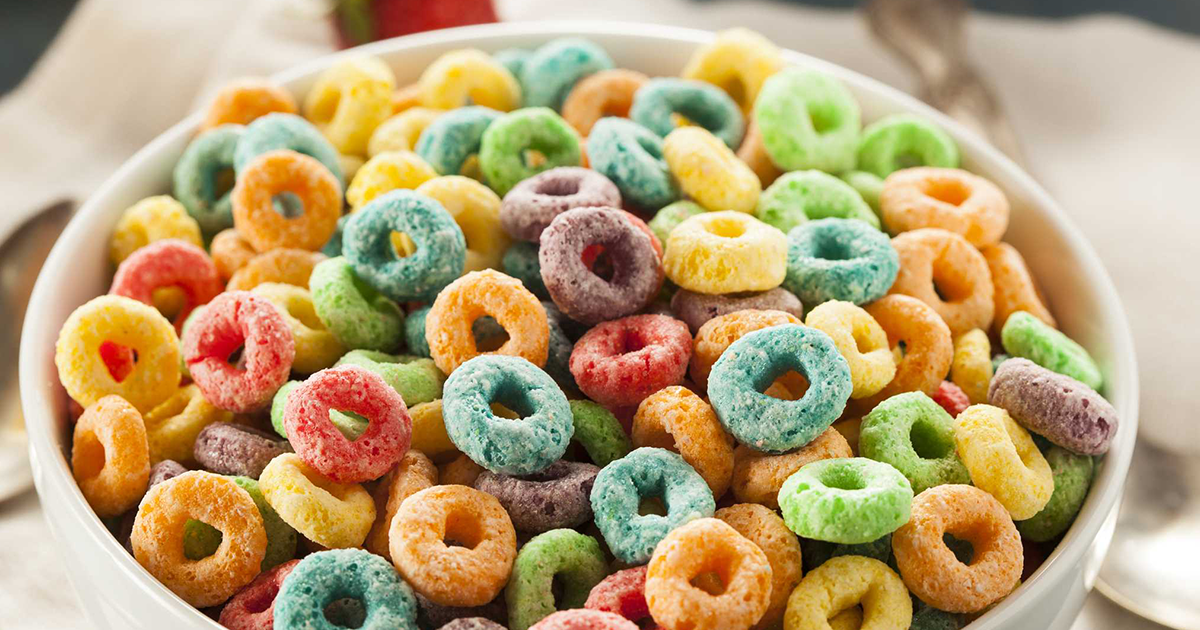Eating ultra-processed food is associated with increased risk of type 2 diabetes, according to a new study from French researchers.
Ultra-processed food, such as crisps, sausage rolls and pasties, are often high in calories and nutritionally poor. Previous studies have found a diet high in these foods to be associated with health problems such as heart disease, obesity and certain cancers.
The most recent trial, carried out in France, involved more than 104,000 adults who did not have type 2 diabetes at the start of the study. The average of participants was 43 and the majority (79%) were female.
Each participant took completed an average of around six 24-hour dietary records. Foods were categorised in terms of how processed they were according to the NOVA classification system.
About 17% of the participants were found to have a diet high in ultra-processed food. Those that consumed more of these foods tended to have a higher calorie intake, were less likely to be active and were more likely to have obesity.
By the end of the six-year study period, 821 people were diagnosed with type 2 diabetes. The risk of developing type 2 diabetes rose by 5% for each additional 100g of processed food consumed per day.
Senior author Mathilde Touvier said: “Ultra-processed foods have characteristics that stimulate over-consumption and the displacement of healthy foods such as whole grains, fruits and vegetables, including their convenience, accessibility, affordability, big portion sizes, and the aggressive marketing and promotion of these foods.
“To identify an ultra-processed product, check the list of ingredients. If you see a very long ingredients list with lots of chemical-sounding names, that’s probably a good indication that it is an ultra-processed food.”
The study findings have been published in the journal, JAMA Internal Medicine.




